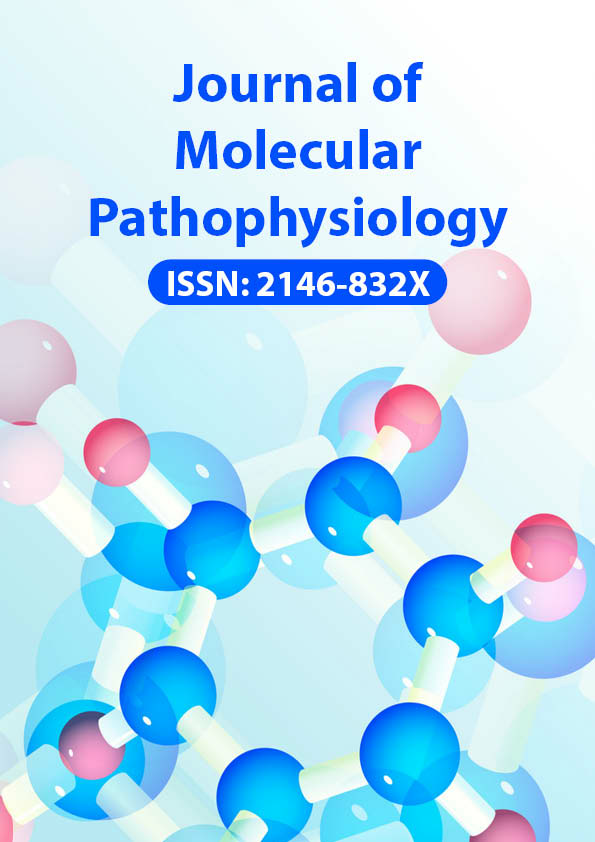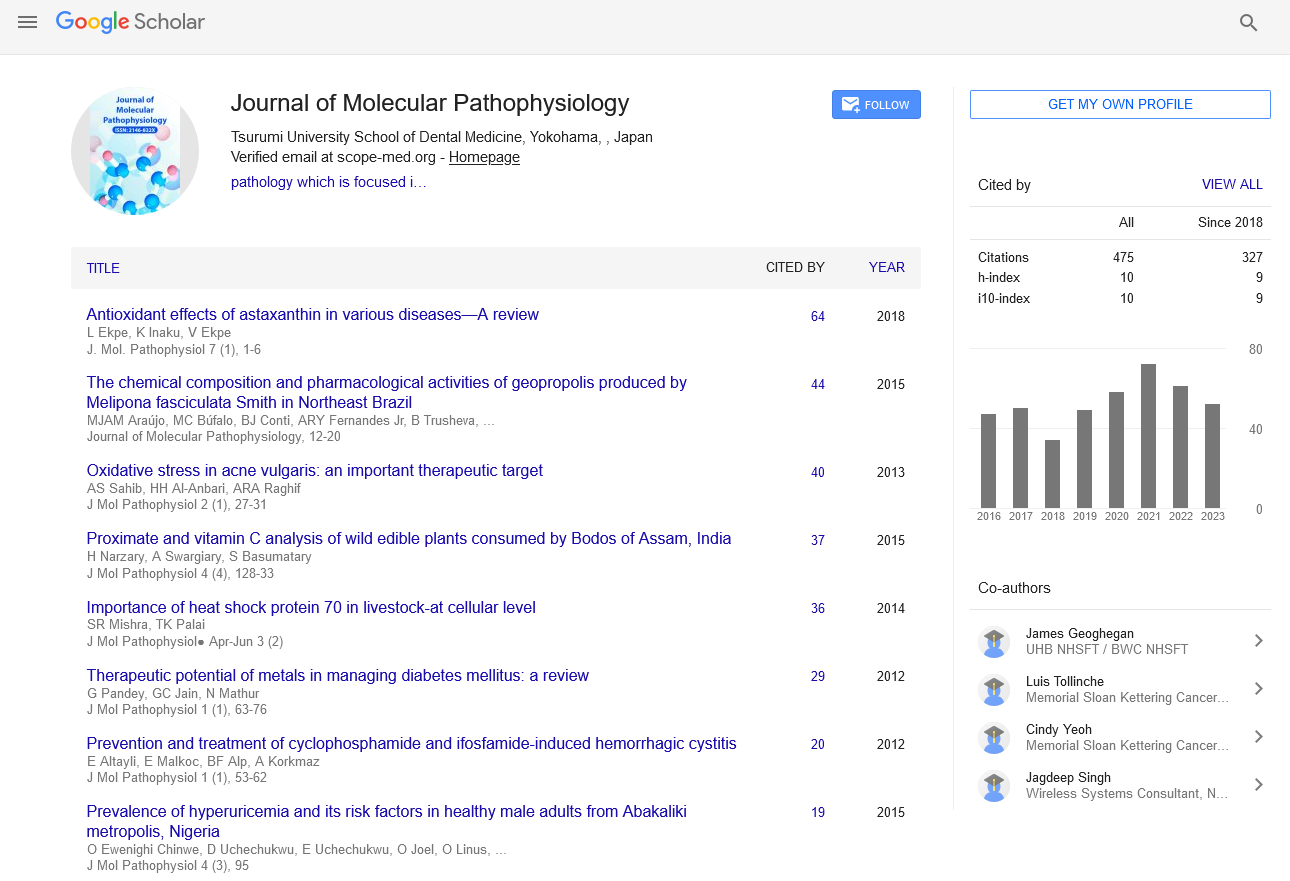Indoleamine 2,3-dioxygenase (IDO) and tryptophan dioxygenase (TDO) mRNA expression in oral squamous cell carcinoma cells is actively and differentially modulated
Abstract
Nicholas P Booth, Wells Brockbank, Samuel Oh, Karl Kingsley
Objective: Oral cancers are slow developing tumors that affect thousands of individuals in the US annually. Evidence has shown that these cancers can create microenvironments to enhance their progression, survival and metastasis characteristics. Cancer cells will compete for extracellular nutrients with normal tissue cells, which can cause irregularities in immune regulation of progressive cancers. Recent evidence in other types of cancers have suggested that tumor cells may actually upregulate the consumption of extracellular L-tryptophan and increase the export of cytosolic kynurenine byproduct. These kynurenines have been linked to suppression of local immune response of T-cells. The primary goal of this study was to evaluate oral cancer cell lines for tryptophan dioxygenase (TDO) and Indolamine 2,3-dioxygenase (IDO) expression and elucidate whether or not other flavonoids inhibit enzyme expression and cancer growth. Methods: Oral cancer cell lines SCC25, SCC15, and CAL27 were screened for enzyme expression using mRNA specific primers and RT-PCR. The three cell lines were then subjected to proanthocyanidin (PAC) administration to determine potential growth and enzyme inhibition. Results: This study found that IDO and TDO are expressed in the SCC25, SCC15, and CAL27 oral cancer cell lines and enzyme expression is correlated with tumor growth. Additionally, it was observed that IDO and TDO expression, along with tumor growth, can be inhibited by flavonoid administration. Conclusions: With no real treatment advances in many years and survival rates remaining relatively unchanged, these results provide further knowledge in the understanding of oral cancer mechanisms and function that may lead to future treatment modalities. Our demonstration of enzyme down regulation and growth inhibition induced by flavonoids may also contribute to further research in future novel treatments.
PDF






